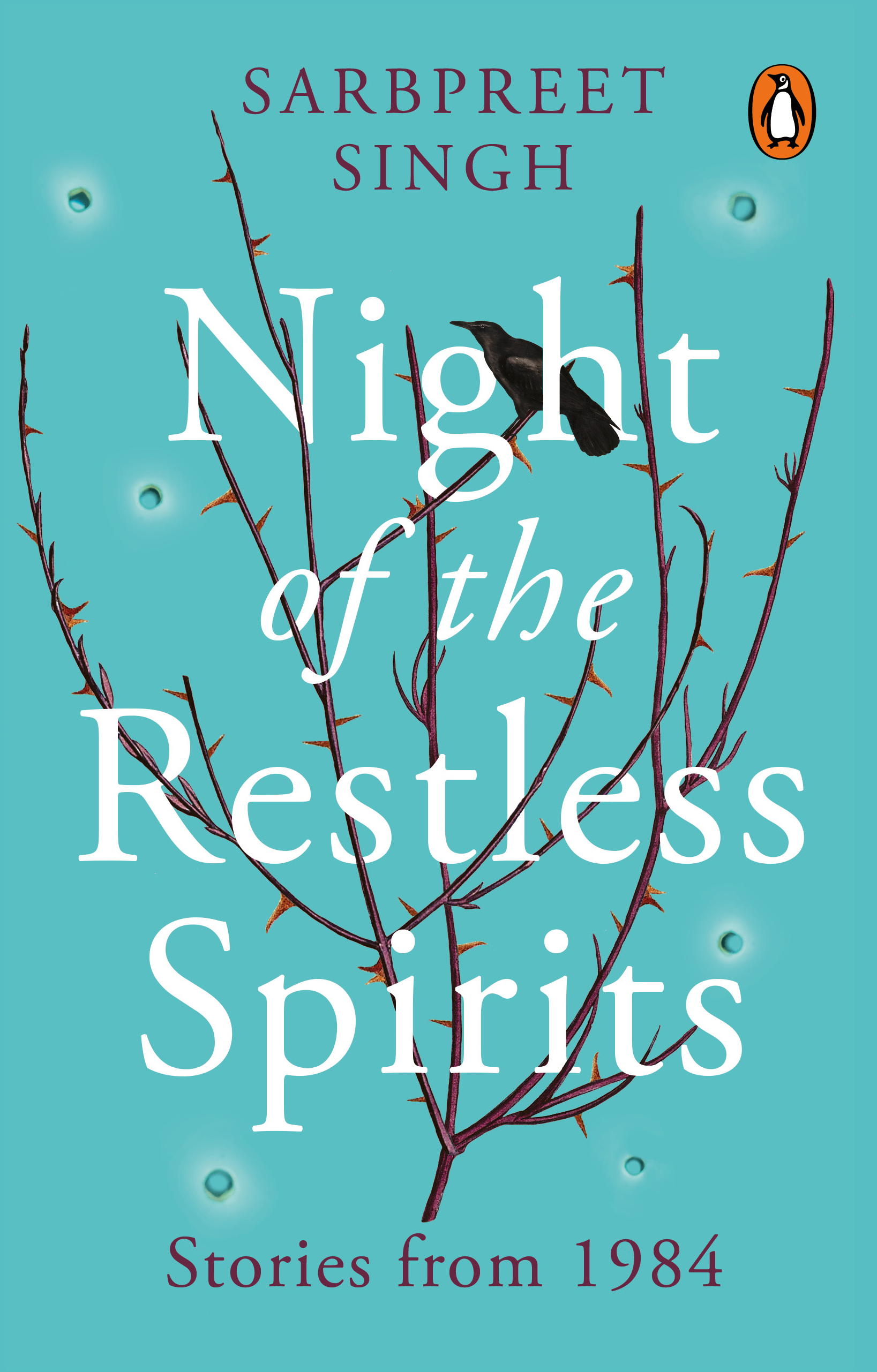The results of the inquiry made national headlines. It was determined that calling in the army was an entirely unnecessary response to a situation that the civil authorities could easily have contained. Mr Sinha also concluded that there had been no largescale threat to the Sikhs of Hoshangabad. The attack on the gurdwara, according to the findings, had been provoked by the Granthi after he objected to his daughter’s relationship with a local Hindu youth and threatened to kill her and her lover. The youth and his friends had been trying to spirit the girl away so that she could elope with him when they were confronted by her father. A quarrel ensued in which the Granthi was killed. There was no explanation for the deaths of his wife and child.
Madho Singh, who lost all his sons and whose teenaged daughter was raped repeatedly by the mob, was arrested on charges of fomenting communal violence. According to the inquiry, it was his attacking a group of young men, peacefully mourning the loss of the prime minister, with swords that resulted in a small spontaneous riot in which his sons were killed. Charges of rape could not be substantiated. The other instances of Sikhs being attacked, such as the autorickshaw driver, were explained
as a spontaneous expression of anguish and rage directed against the Sikh community by individuals, distraught at the murder of the beloved prime minister. There was absolutely no evidence, the report concluded, that there had been an organized effort to retaliate against the Sikhs of Hargobindpura.
In light of these findings, Mr Sinha opined that the ADC had not only disobeyed orders, but had also far exceeded his authority and shown extremely poor judgement by calling in the army, which directly led to the loss of five innocent lives. In light of my exemplary conduct thus far and my relative inexperience, it had been decided that I would not be dismissed from the IAS. I would be censured and sent on administrative leave for a month without pay, during which period I would receive my transfer orders. I learned later that it was Ramesh who had interceded on my behalf. I owed my continuing career as an IAS officer to him, but despite all my efforts, I was unable to see him before I left Hoshangabad.
As the train pulled closer to Saharanpur, a thousand conflicting thoughts swirled in my mind. I knew that the official report was a pack of lies. There had been a concerted effort to attack the Sikhs of Hoshangabad, which had been sanctioned by the highest levels of the government, with the district administration standing by idly and, in some instances, colluding with the attackers. There was no doubt in my mind that if I had not acted, there would have been a bloodbath in Hargobindpura, like the ones in Delhi, Kanpur and Bokaro. Yet I could not help feeling a deep sense of unease. My actions had resulted in the deaths of five people, four of whom were young lads who had probably got caught up in the events of the night. I feared that my career would never recover from the setback of the censure that would forever be a part of my official service record.
I was clear about one thing though. My mother, who had been the beacon of righteousness my entire life, would surely understand. She would be the Krishna to my Arjuna. She would comfort me, tell me that what I did was right, and righteous, for was it not my dharma to try and protect all the lives that I was responsible for? I felt my anxieties lifting as I got closer to our rundown neighbourhood and bounded out of the rickshaw eager for my mother’s warm embrace.
That was when she slapped me.
The next three weeks were the most terrible of my life. Our little dining table was stacked with vernacular newspapers, all with lurid and incendiary headlines about how I had betrayed my own people. Punjab Kesri, in particular, accused me of trading the lives of innocent Hindus to protect Sikhs in the most irresponsible and cavalier manner. The article suggested that if my illustrious great-grandfather had been alive, he would have disowned me! I have to believe that my mother, worried sick about my future, would not have abandoned her precious and real commitment to righteousness had it not been for the rantings of the press. In three weeks, I had my new posting. A few days after that, I boarded a train for Dhanbad district in Bihar. My mother refused to accompany me to the railway station and, for the first time in my life, there was nobody to see me off at the Saharanpur station. As I stood forlornly at the doorway of the first-class carriage, waiting for the train to leave, I had hopes that someday she would forgive me and understand why I had been impelled to do what I did, but that was not to be. A month later, I got a telegram form my brother. My mother had lost her battle with cancer.
Her slap has stayed with me forever for it is a daily reminder of the hard choices that we have to make in our lives. Ironically, it was the most precious gift she gave me because rather than making me regret what I had done, its sting kept my conscience alive through the years of the soul-numbing mediocrity and corruption that I had to deal with at one dead-end posting after another. It kept me going for eighteen more years and I would like to believe that I served with honour and integrity and tried my best to make the lives of the people I was responsible for a little better.
The following is an excerpt from the story ‘The Curfew’ from Sarbpreet Singh’s new book, ‘Night of the Restless Spirits’.

